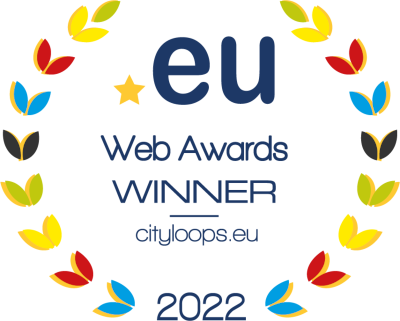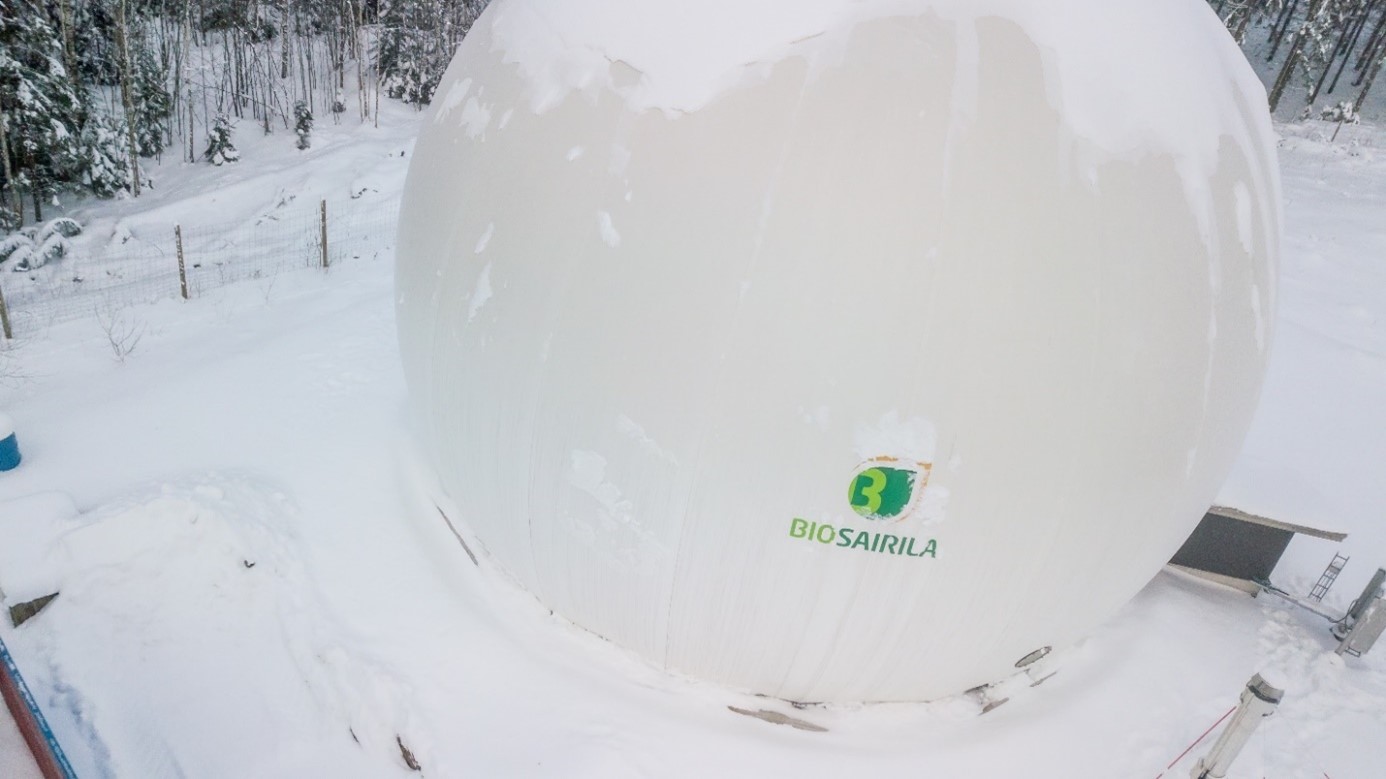Enablers
This final section gathers instruments that are not restricted to any specific stage of the value chain or of the organic matter lifecycle. Rather, they cut across those various stages and act as enablers of the closing and shortening of material loops.
A first series of instruments has been developed by the municipality of Apeldoorn and Wageningen research. They aim to inform decision-making of local public actors, respectively with a bio-waste valorisation tool and a business case development tool.
The other two instruments are related to public procurement (i.e. the purchase of works, goods and services by public sector organisations), with a General guide for organic waste management in public procurement and a Procurement guide for usage of biogas as a motive power in transportation and logistics services, both developed by Mikkeli. Circular procurement is a powerful lever for cities and towns in the transition to a circular economy. By including circular criteria in tenders, local authorities can operate more sustainably, reducing for example their GHG emissions. By procuring circular work, goods, or services they can also support the development of innovative business models and drive forward demand for circular products and services,
Lessons learnt
- The bio-waste valorisation decision tool can also be used by industries that want to use biomass. This decision tree enables interested industries to discuss with Apeldoorn the optimal steps to obtain bio-waste fit for their application (e.g. bio-waste without impurities, with higher fibre strength). Currently the use of bio-waste in industry is mostly limited to composting or biogas production.
- The transition towards a circular, biobased economy requires a large input of biomass. Besides wood and non-food crops other sources of biomass will be needed to replace fossil oil-based materials. Without proper care in collection, storing and pre-treatment alternative biomass sources as bio-waste are not suited for most industrial applications. The decision tree will connect the knowledge of owners of bio-waste with the knowledge of bio-based industries.
- The transition towards a circular city regarding bio-waste is enabled by setting up techno-economically, socially, and environmentally sound business cases. The process of selecting valorisation routes by the City of Apeldoorn could be used as an example for other cities that are looking into opportunities to upcycle bio-waste.
- The principles of the Biogas procurement guide have already been used in several procurement processes implemented in the City of Mikkeli and good experiences have been gained in the city by adding criteria of sustainability, low carbon dioxide emissions and the usage of biogas as a motive power in the public procurement process.
- Procurement guides and support documents for Mikkeli can give ideas for other cities on how to consider the circular economy in tenders. However, the procurement guides need always to be adjusted to city specificities.

